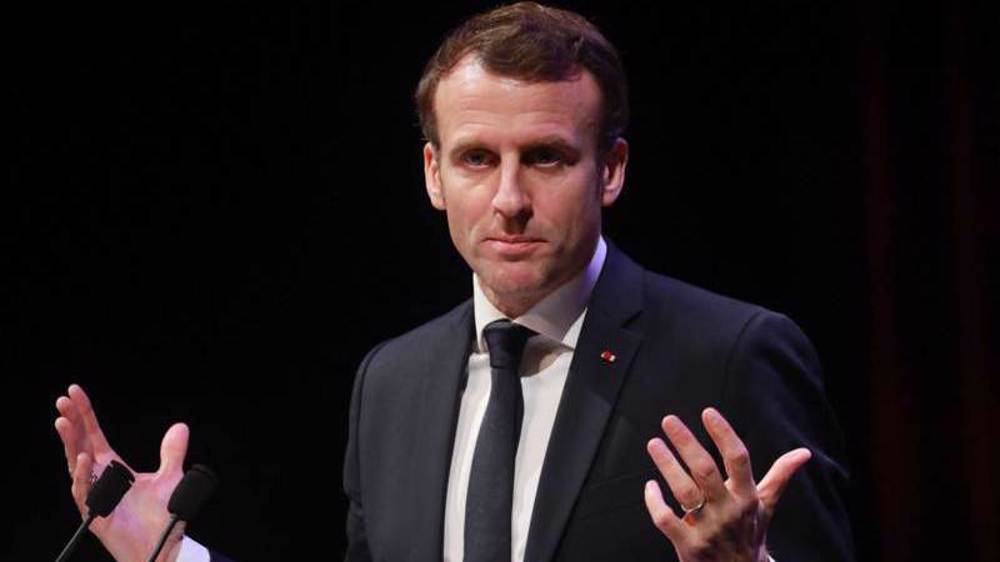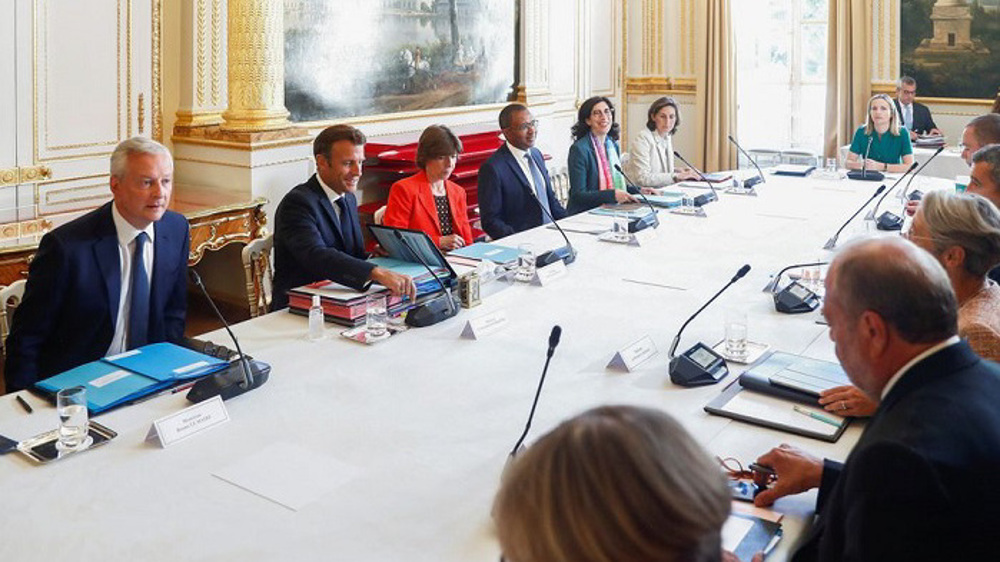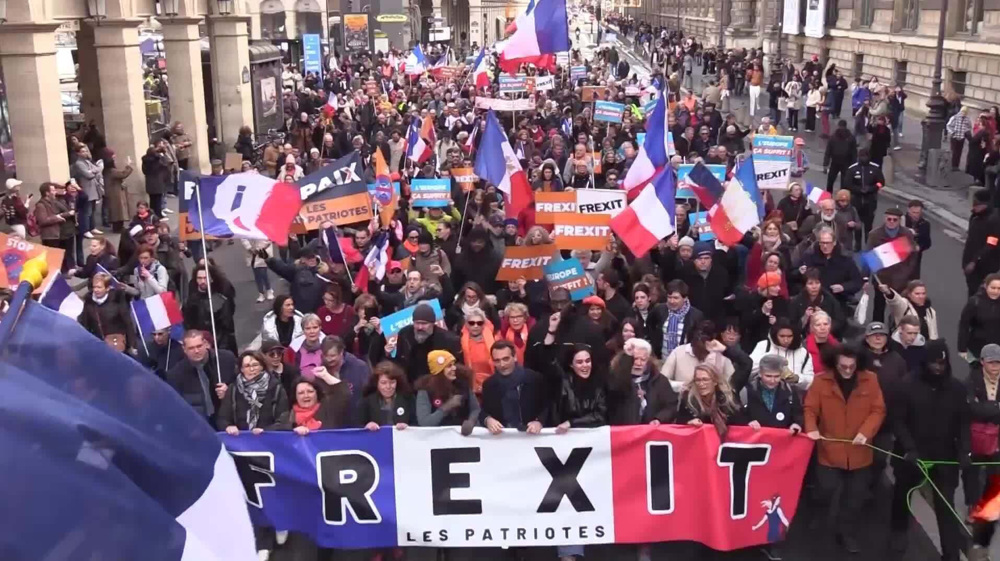France’s biggest union warns Macron: Reforming pensions now would ‘set France on fire’
France’s biggest union has warned President Emmanuel Macron that reforming pensions at a time of high inflation and economic woes would “set France on fire.”
In an interview with RTL radio on Thursday, Laurent Berger, the president of the French Democratic Confederation of Labour (CFDT), said the French people “are in a very tense moment, with a lot of anxiety.”
“I tell the government and will also tell the president: To start pushing back the legal retirement age in a vertical and brutal way is to set the country on fire,” he warned.
Macron has already launched a long-planned summit designed to revive a political dialog with the representatives of civil society on hot topics, ranging from labor to climate and health care policy.
When he was running his re-election campaign in April, Macron said his main reform proposal was to lift the retirement age gradually to 65. During his first term, a more ambitious overhaul of the retirement system was canceled amid the COVID-19 pandemic following massive street protests. However, in the face of rising inflation, Paris has refrained from giving a clear timeline on the pension reform.
Macron’s administration is seeking to curb inflation through spending billions on an array of measures: from a gas price freeze to electricity price caps.
Last month, Macron said tough months were ahead as his administration braces for energy price hikes due to the war in Ukraine.
The 44-year-old president also called on the French public to accept new measures. However, unions have rejected his call for sacrifices, saying workers need higher pay to cope with rising inflation.
The French government also said the country could not maintain energy price caps to help households cope with soaring inflation forever.
France is less reliant than some neighbors on gas imports from Russia. But concerns about supply from Russia remain.
Pension reforms and unemployment benefit schemes are also in the works and could trigger street protests.
Macron now faces tough challenges, including persuading lawmakers to pass the 2023 budget.
Russia began its military operation in Ukraine on February 24, drawing a host of sanctions from the United States and its European allies against Moscow, despite repeated warnings by the Kremlin that such punitive measure will only prolong the war and will surely backfire.
Russia has almost cut its flow of natural gas to Europe, citing technical difficulties caused by the sanctions, leaving Europe to face a cold coming winter.
In a separate development on Thursday, Hungarian Prime Minister Viktor Orban said thousands of Western sanctions slapped on Russia have not worked as intended, and instead threaten to plunge Europe into a severe crisis of unprecedented proportions.
“Currently there are 11,000 sanctions in place against Russia, but attempts to weaken the Russians have not been successful. On the contrary, severe inflation and energy shortages caused by the sanctions could bring Europe to its knees,” Orban said in an address in the capital Budapest.
The Hungarian premier also said he was not sure how long the European Union would continue its policy toward Moscow, but warned that if the bloc does not change course, the situation in Europe will only deteriorate, because the region has “run out of energy.”
Separately, European Central Bank President Christine Lagarde, for her part, warned the eurozone could fall into recession in 2023 in the case of a total shutdown of Russian gas supplies.
The “downside scenario” for next year foresees negative growth in the case of a “total shutdown of all Russian gas supply” and energy rationing in the eurozone, she said.
Iran says entered talks with US with 'result-oriented approach'
Iran FM, IAEA chief meet ahead of indirect talks with US
Israeli soldier admits to murder, rape in Gaza during live stream
VIDEO | Pakistan protesters condemn US-Israel threats, mourn mosque victims
VIDEO | Press TV's news headlines
Tehran slams US ‘inhumane’ sanctions against Cuba
Two Palestinian children killed in PA ambush; Hamas slams attack as ‘black mark’
Iran pursues talks and deterrence simultaneously: Security chief











 This makes it easy to access the Press TV website
This makes it easy to access the Press TV website